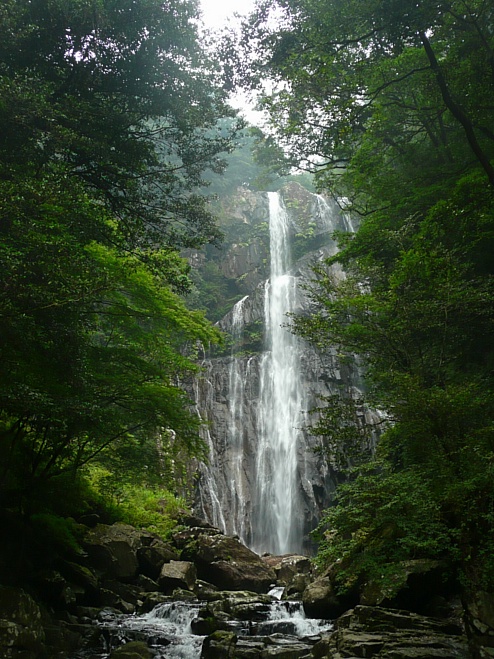[His second hospital stay over, Tuttle was back on the job.]
It felt good to get back to the front again. I was there with my boys. Yes, they were my boys, just as much as they were Sergeant Elliot’s boys, or their mothers’ sons, or their nation’s best men. Three days of physical rest had afforded me a mental reset worth more than the physiological recovery.
I woke up later than usual, well after other men were stirring. I was ready to see this thing through, more ready than I was even at the first landing. To paraphrase Miyamoto Musashi, ‘The only blow which matters is the last.’ I didn’t plan to miss it.
Steady rain muted the sounds of war, but distant artificial thunder reassured me that it continued, and both sides were still determined. At my leisure this morning I went to look for a ride forward. I hooked up with an ambulance this time, not minding the dark red stains under the rear door.
The truck, painted dark green despite the prominent white and red crosses on all sides, carried me up a progressively worsening series of roads until we got to the very front units of the 40th Infantry Division.
The division’s 108th Infantry Regiment was about two miles north of Miyakonojo. It had fought its way there, clearing out deep rows of twisting hills. The hills were hundreds of feet tall, but they looked like stubble on the chin of the great mountain mass another mile to the northwest. The compound mountain, including Takachihono-mine and Karakuni-dake, lofted multiple peaks which all topped 4000 feet.
American units had lined up in a semicircle south of the great mountain, about a mile out from the base. They all had fought to get there, through rough terrain and resistance which took advantage of it. They all were punished with artillery fire from the mountain on a regular basis, especially if they tried to move through any of the flat areas which surrounded it. Heavy smoke screens laid over the mountains at times covered American movements, but also obscured the Japanese positions.
Another arc of good roads and developed towns circles the mountain to the north, lying in a broad flat valley. North of them the land rises abruptly into a dense rugged forest, full of beautiful waterfalls and invisible firing positions.
The men I found in the 108th Infantry were preoccupied with digging, rain or not, to make their home livable under the bombardment. To their right was the whole 11th Airborne Division, ready to swing around the great mountain on those good roads to the north. Beyond that other divisions were preparing to drive into that high forest. A mirror image of those maneuvers would happen to the west of Karakuni-dake.

